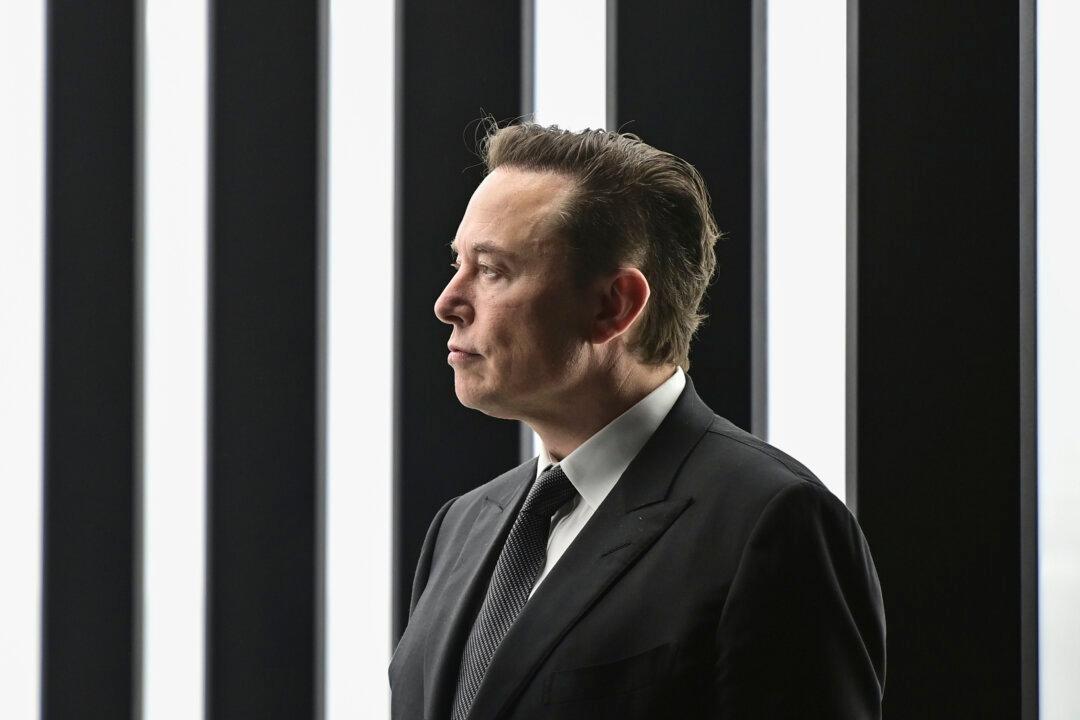Elon Musk said he’s fed up with Delaware after a court there nullified his $56 billion pay package, with the tech entrepreneur saying that Tesla would hold a shareholder vote on moving the carmaker’s state of incorporation to Texas.
A Delaware judge voided the payment package to Mr. Musk on Jan. 30 as part of a lawsuit filed five years ago by Richard Tornetta, a Tesla shareholder, who claimed the pay package was marred by conflicts of interest and other factors.





